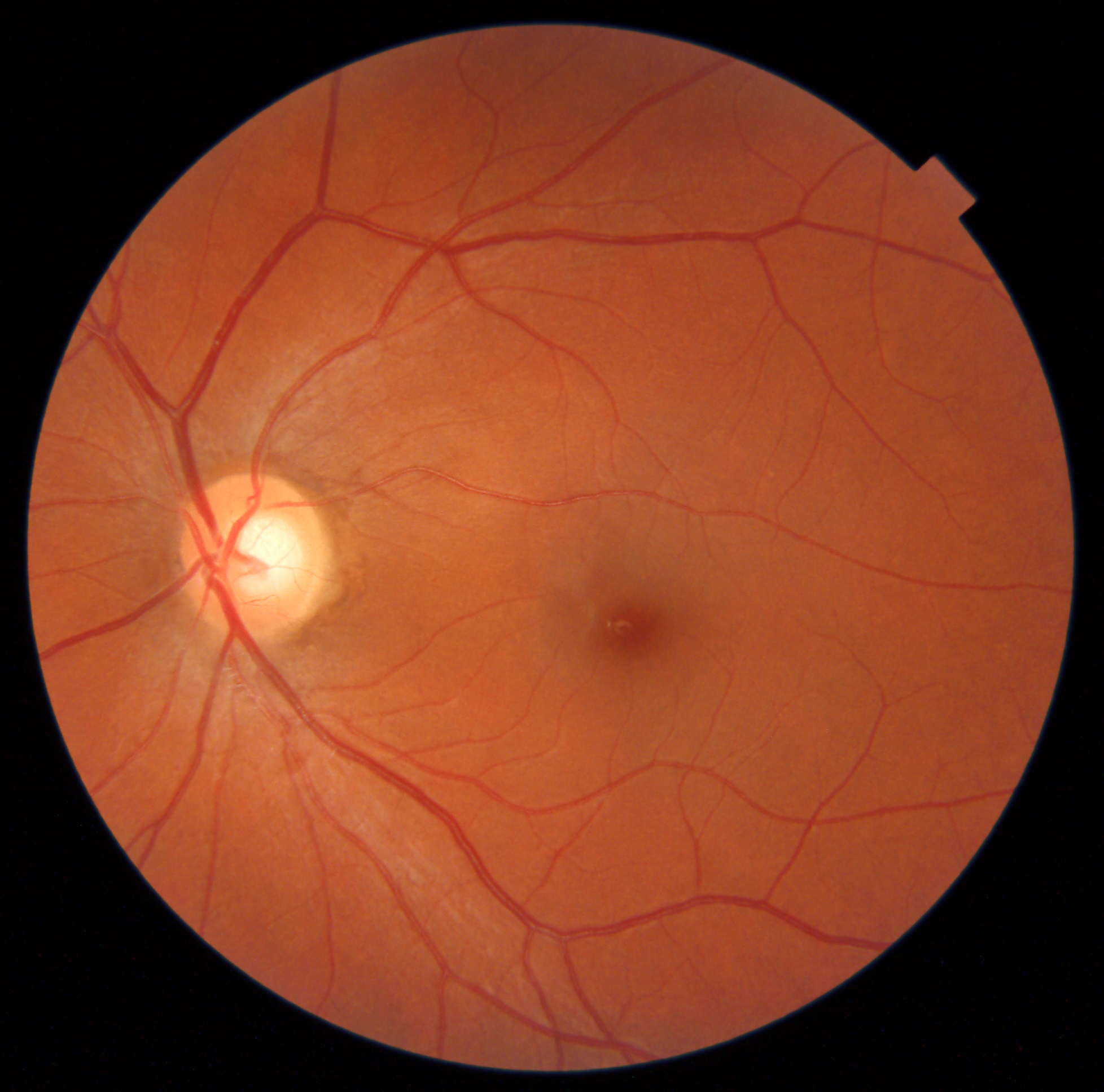Wishing everybody a happy and safe Thanksgiving 2016!
|
It has been roughly one year since I purchased the retinal camera for the practice! Many of you have chosen to have retinal photos taken, some of you have not. Probably the most common question asked about them is how necessary is it to have them taken? After having taken photos for the past year, here is my professional answer to that question: I feel that everybody should have photos taken once, for baseline documentation. This will allow us to use them as a reference point in the future in case there are changes in the back of your eyes.
Once you have baseline photos, then how often you should have them taken after that depends on if you fall into any of the high risk categories. If you have any of the risk factors, then I recommend that photos be taken on a yearly basis. The risk factors include: diabetes, either yourself or a family member; glaucoma, either yourself or a family member; macular degeneration, either yourself or a family member; any existing retinal condition. If you fall into any of these categories, then I recommend retinal photos every year. If you do not fall into any of these categories, then a rough guideline that I recommend is retinal photos every two to three years. Another factor when considering the importance of retinal photos is age. As we get older, more things break down in the body. So for example, if you're over the age of 65, and you don't have any of the risk factors, I would still recommend retinal photos every 1 to 2 years; conversely, if you're 10 years old, every 3 years should be fine. One other very important point to mention about why I recommend photos for everyone: retinal photos are an advancement in 21st century health care record documentation. You've heard the saying, "A picture is worth a thousand words." This adequately describes retinal photos. When a doctor does not take photos of the back of your eye, how the back of your eye is described in your medical record is based on what he/she writes/types into your record, which always contains less information than can be gotten from a photo image. So above all else, retinal photos are a significant improvement in the quality of medical health care record documentation when dealing with the back of your eye. |
Dr. David Butchert, O.D.Optometrist for 28 years. Contact lens wearer for 39 years. Glasses wearer for 41 years. Archives
June 2021
Categories |


 RSS Feed
RSS Feed
